Television is amazing, don’t you think? Images and sound can be sent over large distances where you can see the images on the television screen and hear the sound through your speakers. The television can make you laugh, it can make you cry, and it can even teach you new stuff, like folding a tie!
Television is amazing, don’t you think? Images and sound can be sent over large distances where you can see the images on the television screen and hear the sound through your speakers. The television can make you laugh, it can make you cry, and it can even teach you new stuff, like folding a tie! A television connects us with the world around us. It can make us experience certain emotions and we can even explore new places, without really being there. Let’s look at the history of the television so that we can find out some interesting facts, like who invented this all-in-one source of entertainment, information and education.
History of the television:
Many inventors helped to invent the television as we know it today. Three development lines that focussed on communication, broadcasting, and sending images from one place to another, all helped invent television as we know it today.
Communication and sound technology:
In 1837 Samuel F.B. Morse used a machine called the telegraph to send messages from one place to another. Each letter in the alphabet got a special code that was tapped on the telegraph. This code was called the Morse code. Each tap on the telegraph sent electrical signals over wires to another person who translated the message by using the code.
In the late 1870’s people started to use the telephone that was invented by Alexander Graham Bell. The invention of the telephone was a very important step towards the invention of the television, because sound could be changed into electrical signals and it could be sent over long distances.
In 1896, Guglielmo Marconi sent Morse code messages, without using a wire. He sent the Morse code messages by using radio waves that travelled from one antenna to another. Suddenly messages could be sent over longer distances than before and even ships at sea could send and receive messages.
In 1906, Reginald A. Fessenden broadcasted his voice over the radio. This was the first time that voices or sounds could be sent over the radio and not just in Morse code. Just imagine how incredible it must have been for someone to hear voices over a radio for the first time.
Image sending and receiving technology:
In 1843, Alexander Bain thought of an idea to send and receive images. This idea led to the invention of a fax machine. In the 1860’s Giovanni Caselli invented the very first widely used fax machine called the Pantelegraph. Handwritten messages and drawings were sent over the Pantelegraph by converting it into electrical signals. These signals were sent over wires to a machine on the receiver’s end that created the sent messages and drawings on paper.
The inventors of the television:
So, who invented television? Mechanical and electrical televisions were designed and the televisions that we use today fall under the electrical television category. Let’s find out more about the inventors that played key parts in the invention of the television.
Mechanical television:
In the 1870’s George Carey invented a selenium camera that sent images over wires. In 1880, Paul Nipkow sketched the plans for a Nipkow disk. This disk had holes in it that were arranged in a spiral pattern. Images were displayed quickly after the other through the Nipkow disk and it appeared as if the images moved. This disk works on the same principle as to how cartoon images appear to move when you flip the pages in a flip book.
Who invented the first television? Finally in the 1924 John L. Baird patented a mechanical television that was improved from the Nipkow’s model. Baird was the person who got the credit for inventing the first mechanical television set. In 1928, after more improvements and demonstrations, Baird’s television sets were sold in Britain and it was called “Televisors”. At around the same time in 1926, Francis C. Jenkins patented another mechanical television in the United States. He called this television system a “Radiovision” He combined radios with his television sets and even invented affordable television kits so that people could combine them with their home radios in order to make their own “Radiovisions”.
In 1929, Baird broadcasted programs from his own studio. At first sound and images could not be broadcasted at the same time and it was broadcasted separately. In 1930, pictures and sound could be broadcasted at the same time.
Electronic television:
In 1911, A. Cambell Swinton talked about a design where cathode-ray tubes could be used to capture light and display images. The cathode-ray tubes required electricity to work. Philo T. Fransworth read about the previous inventions of the television and started to experiment. In 1927, Fransworth succeeded in building a television system that worked entirely with electricity. Fransworth became known as the first inventor who built a full electronic television set.
The television continued to improve, later on the images were displayed with higher quality and to make life more comfortable the remote control was invented for the television. As you can see, there were many role players that played important parts in the invention process of the television. In-between the mentioned inventors there were many more, who gave rise to ideas in order to invent the television as we know it today. Even today the television is continuously improved.
When was television invented? This question is up to you. You can decide whether you think television was invented with the completion of the first mechanical television or the first electronic television (work on the same principle as modern televisions). In what year was the television invented? Look at the dates when mechanical and electronic televisions were invented. Which one would you choose?
How do you think will the television be improved in the future?








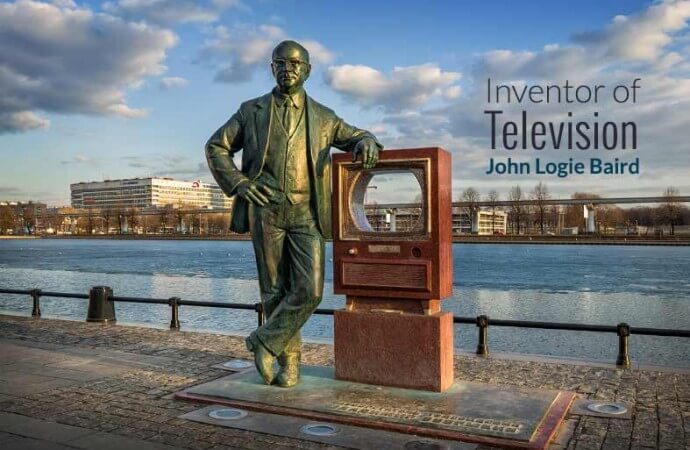
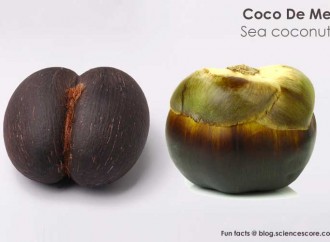

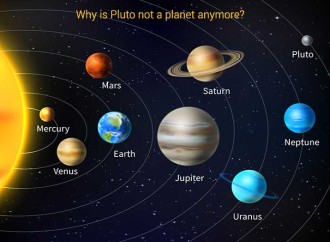




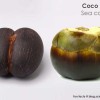


















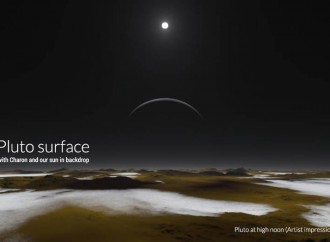












Leave a Reply